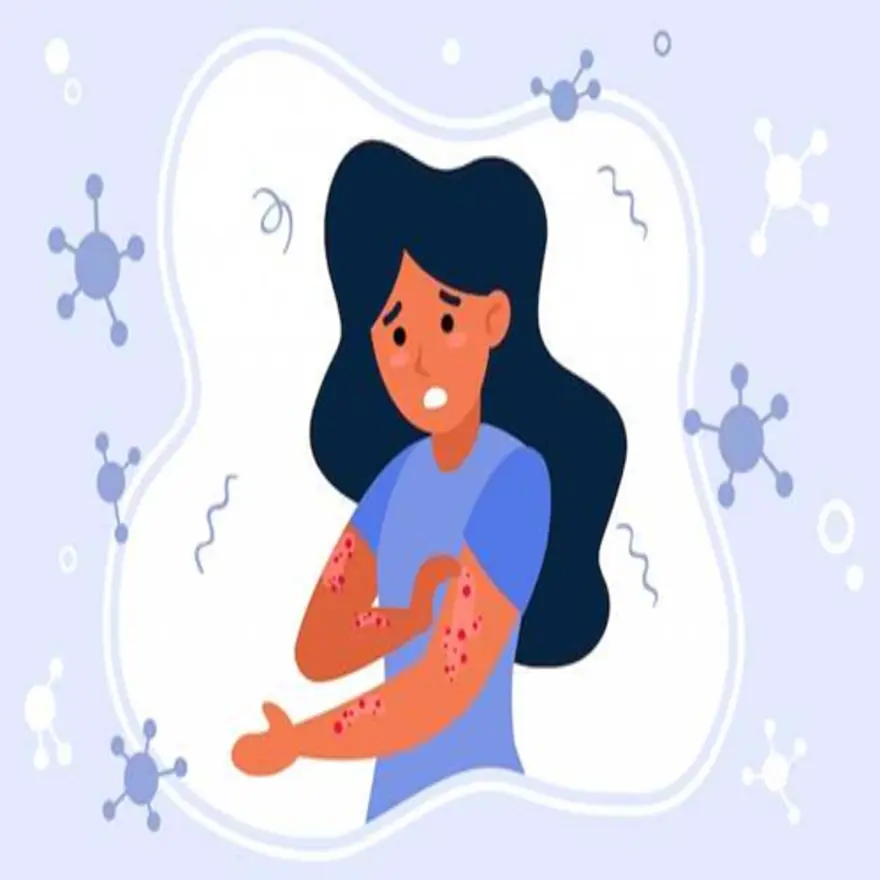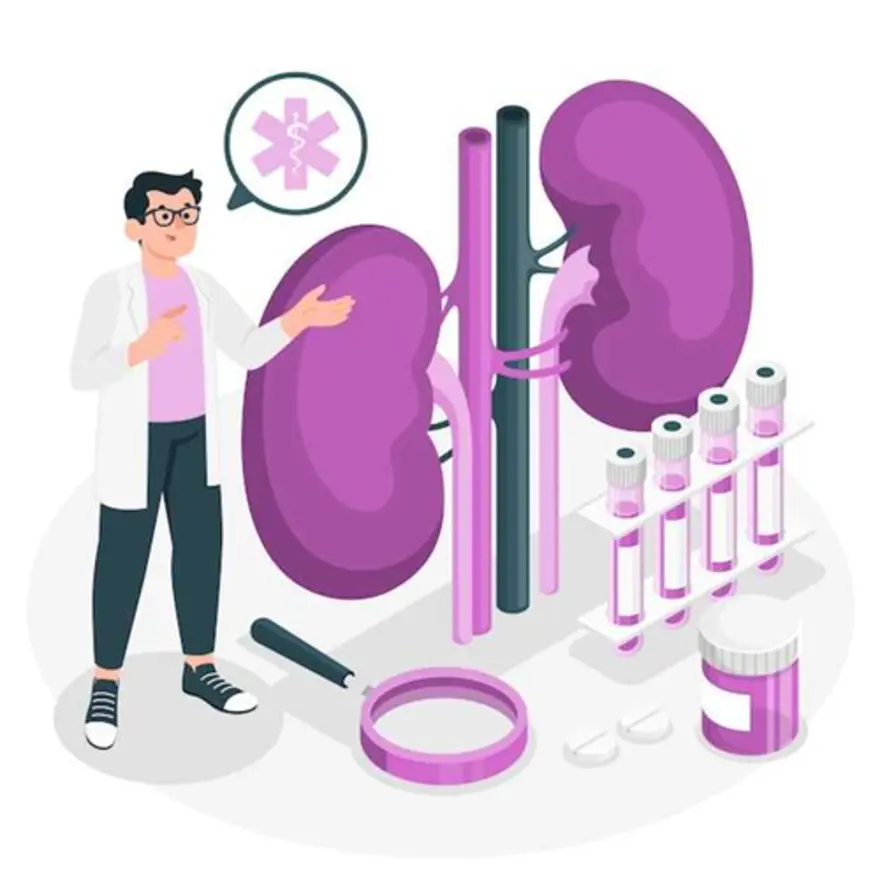Preventive Healthcare
8 Tips to Prevent Colorectal Cancer
964 Views
0

Colorectal cancer, encompassing both colon and rectal cancer, casts a long shadow across the globe. The global scale of this disease paints a sobering picture. According to the World Health Organization, over 1.9 million new cases of colorectal cancer were diagnosed in 2020, claiming nearly 935,000 lives. These numbers underscore the urgency of adopting preventive measures. Early detection is crucial, as symptoms often manifest only in the later stages. Blood in the stool, persistent changes in bowel habits, abdominal pain, and unintended weight loss could be potential red flags. However, the good news is that most colorectal cancers develop from precancerous polyps, detectable through regular screening. Starting at age 45, regular screening tests become your armour against this disease.
But prevention goes beyond early detection. Embracing a healthy lifestyle holds immense power in lowering your risk. Regular physical activity, aiming for at least 30 minutes most days of the week, not only keeps you fit but also acts as a shield against cancer. Maintaining a healthy weight is another crucial step. Excessive body fat is linked to an increased risk of colorectal cancer. Quitting smoking, a notorious accomplice to various cancers, can significantly improve your overall health and reduce your risk. Limiting alcohol consumption, particularly for men (two drinks per day) and women (one drink per day), is another wise choice.
Your diet becomes a silent warrior in this fight. Prioritize fruits, vegetables, and whole grains. Studies suggest that diets rich in fibre and low in animal fats are protective against colorectal cancer. Reduce red and processed meats, as research has linked them to an increased risk. Consider incorporating calcium and vitamin D into your diet through dairy products, fatty fish, and fortified foods, as studies suggest their potential protective role. Increase your intake of whole grains and fibre, found in whole wheat bread, brown rice, beans, and fruits and vegetables.
Despite being one of the most common cancers diagnosed in men and women, it harbours a beacon of hope - prevention. While genetics and family history play a role, the power to significantly reduce your risk lies within your everyday choices. Let's delve into strategies that empower you to take charge of your health and minimize the chances of colorectal cancer. With the right lifestyle choices and screening, you can significantly lower your risk of developing this type of cancer. Here are some tips to help you prevent colorectal cancer:
- Get Screened Regularly: The most effective way to reduce your risk of colorectal cancer is through routine screening starting at age 45. Screening tests can detect precancerous polyps or early-stage cancer when treatment is most effective. Talk to your healthcare provider about which screening option is right for you.
- Maintain a Healthy Diet: Aim to eat a diet rich in vegetables, fruits, and whole grains while limiting red and processed meats. Research suggests that diets high in fibre and low in animal fats can reduce the risk of colorectal cancer.
- Stay Physically Active: Regular exercise not only helps you maintain a healthy weight but also reduces your risk of colorectal cancer. Aim for at least 30 minutes of moderate activity most days of the week.
- Control Your Weight: Being overweight or obese increases the risk of developing colorectal cancer. Making healthy lifestyle choices, such as eating a balanced diet and staying active, can help you manage your weight.
- Quit Smoking: Smoking is linked to an increased risk of many cancers, including colorectal cancer. If you smoke, quitting can significantly reduce your risk and improve your overall health.
- Limit Alcohol Consumption: Excessive alcohol consumption has been associated with a higher risk of colorectal cancer. Limiting alcohol intake to no more than two drinks per day for men and one drink per day for women can help lower your risk.
- Consider Calcium and Vitamin D: Adequate intake of calcium and vitamin D may help protect against colorectal cancer. Include sources of these nutrients in your diet, such as dairy products, fatty fish, and fortified foods.
- Increase Whole Grains and Fiber: Foods rich in whole grains and fiber have been shown to lower the risk of colorectal cancer. Incorporate sources like whole wheat bread, brown rice, beans, fruits, and vegetables into your meals.
By following these tips and making healthy lifestyle choices, you can reduce your risk of developing colorectal cancer and improve your overall health and well-being. Remember, prevention is not a solitary journey. Discuss your concerns and risk factors with your healthcare provider. They can guide you towards personalized screening options and lifestyle modifications based on your individual needs. By taking an active role in your health and embracing these evidence-based strategies, you can empower yourself to prevent colorectal cancer and live a healthier, happier life.























 WhatsApp
WhatsApp